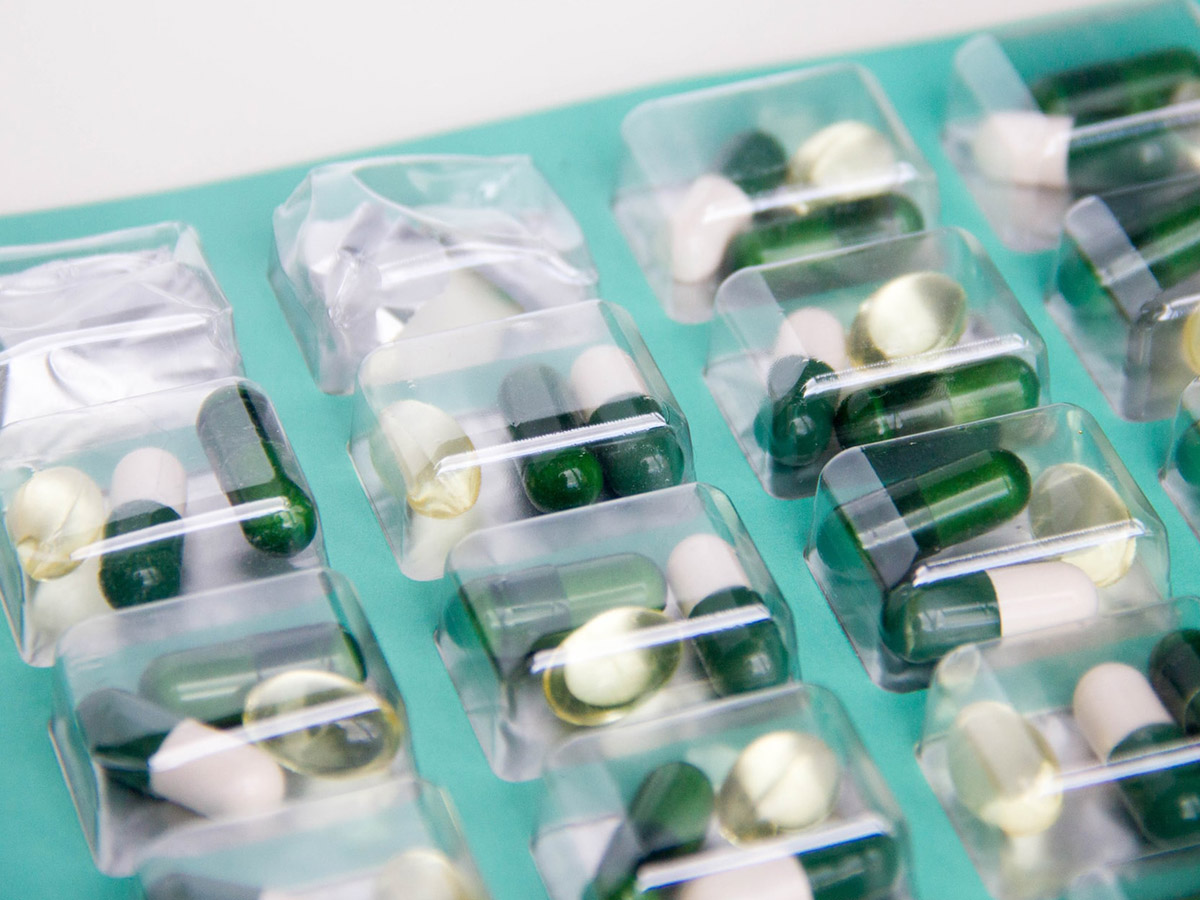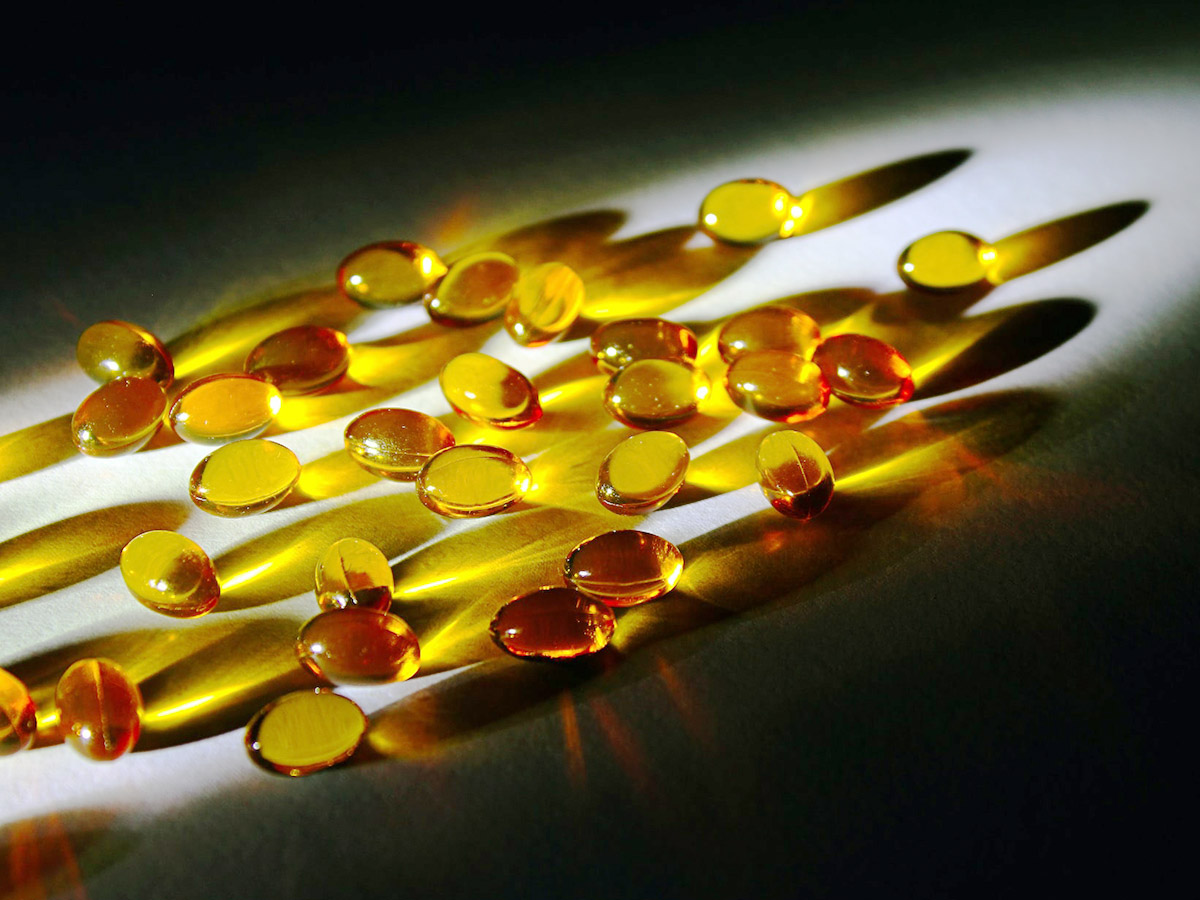While there are medication options available for treating ADHD, some people prefer to use natural remedies, such as nootropic plants. In this blog post, we’ll take a closer look at nootropic plants for ADHD and discuss their potential benefits, risks, and more.
An Introduction To Nootropic Plants For ADHD
If you’re looking for a natural way to improve your attention span and focus, nootropic plants may be the solution for you. Nootropic plants are supplements that have been traditionally used to improve cognitive function, including memory and focus. They work by increasing levels of neurotransmitters in the brain.
Some of the most popular nootropic plants for ADHD include:
Ginkgo biloba – This plant is commonly used to improve memory and cognitive function. It has also been shown to help with anxiety and depression symptoms.
– This plant is commonly used to improve memory and cognitive function. It has also been shown to help with anxiety and depression symptoms. Bacopa monnieri – This herb is known for its ability to enhance cognitive performance, particularly when it comes to attentional abilities. Bacopa monnieri is also believed to be helpful in treating ADHD symptoms such as impulsiveness or hyperactivity.
– This herb is known for its ability to enhance cognitive performance, particularly when it comes to attentional abilities. Bacopa monnieri is also believed to be helpful in treating ADHD symptoms such as impulsiveness or hyperactivity. Rhodiola rosea – Rhodiola rosea is another plant that has been traditionally used as a nootropic agent for improving mental performance (and specifically focus). It’s especially beneficial for people who struggle with fatigue or stress-related problems.
The Benefits Of Nootropic Plants For ADHD

There are many benefits to taking nootropic plants for ADHD. First and foremost, they can help with focus and concentration. This is particularly important for people with ADHD as it can be difficult to stay focused on tasks for extended periods of time. Additionally, nootropic plants can also improve memory and cognitive function. In particular, they have been shown to improve short-term memory recall and working memory ability. Additionally, they can also help to boost mood and reduce anxiety.
Many people with ADHD also find that nootropic plants help to improve their overall mood. In particular, they can reduce feelings of anxiety and stress. Additionally, they can help to boost mood and make people feel more energetic. Overall, these are major benefits that nootropic plants offer for those with ADHD.
The Best Nootropic Plants For ADHD
There are many benefits that nootropic plants can provide for ADHD patients, including improved focus, concentration, and motivation; better sleep quality; reduced anxiety and stress levels; increased energy levels; and relief from depression symptoms.
It is important to choose the right nootropic plant for ADHD patients. Certain plants may be more beneficial than others based on the individual’s specific needs. For example, some people with ADHD may require a higher level of cognitive stimulation than others. Other people with ADHD may benefit more from reducing anxiety and stress levels. The best way to find out which plant is right for you is to speak with a doctor or therapist who specializes in treating ADHD disorders.
The top three nootropic plants for ADHD patients are ashwagandha (Withania somnifera), ginkgo biloba (Ginkgo biloba), and L-theanine (L-theanine). These three plants have been shown to provide a wide variety of benefits for those suffering from ADHD, including improved focus, concentration, memory recall, mood stability, mental clarity, anxiety control, stress relief, and overall productivity.
One caution that should always be taken with any nootropic plant is to consult with a health professional before using them if you are pregnant or breastfeeding, as they may have adverse effects on these populations of women.
The Risks Of Using Nootropic Plants For ADHD
There are few studies on the safety or efficacy of nootropic plants for treating ADHD, making it difficult to know what you are getting when you buy a supplement. Additionally, there is a lack of regulation around the production and sale of nootropic plants, which means that it is difficult to know what you are getting. This makes it risky to use these supplements as a replacement for evidence-based treatments for ADHD.
There are few studies on the safety or efficacy of nootropic plants for treating ADHD, making it difficult to know what you are getting when you buy a supplement. Additionally, there is a lack of regulation around the production and sale of nootropic plants, which means that it is difficult to know what you are getting. This makes it risky to use these supplements as a replacement for evidence-based treatments for ADHD.
Can Nootropics for OCD also be Effective for ADHD?
Can cognitive enhancement for obsessive-compulsive disorder also be effective for ADHD? The use of nootropics, which are cognitive-enhancing substances, has shown promise in alleviating symptoms of OCD. However, their effectiveness in treating ADHD is still uncertain. Further research is needed to determine whether these cognitive enhancers can provide similar benefits for individuals with both OCD and ADHD.
FAQs About Nootropic Plants For ADHD
Can nootropic plants really help with ADHD?
Yes, many nootropic plants have been shown to be effective in helping to improve symptoms of ADHD. Some of the most commonly recommended plants for this purpose are tea tree oil, ashwagandha, and Rhodiola rosea. However, it is important to note that not all of these plants are guaranteed to be effective and some may have side effects. It is also worth noting that there are a variety of different doses that can be taken in order to achieve the desired results.
Which nootropic plants are the best for ADHD?
There is no one-size-fits-all answer to this question as different people will respond differently to different types of plant extracts. However, some popular options include ashwagandha and Rhodiola rosea. These two plants have been shown to have particularly strong effects on improving ADHD symptoms and they can be used in combination with other supplements or medications if necessary.
What are the side effects of taking nootropic plants for ADHD?
The majority of plant-based supplements do not carry significant side effect risks when taken as directed by a healthcare professional. However, there may be rare cases where individuals experience adverse reactions such as nausea or vomiting. If you experience any unusual side effects while taking a supplement for ADHD, please consult your doctor immediately. There is also a small risk of developing an addiction if you start using these compounds regularly without first consulting your doctor.
Are there any risks associated with taking nootropic plants for ADHD?
There are generally very low risks associated with using certain types of herbal supplements like those mentioned above for treating ADHD symptoms. However, always consult your healthcare professional before starting any new treatment plan since even small risks could lead to big benefits!
Further Reading On Nootropic Plants For ADHD
There are a variety of nootropic plants that can be used to treat ADHD. Some common ones include ashwagandha, ginkgo biloba, and Rhodiola rosea. Each of these plants has different benefits and should only be used under the guidance of a healthcare professional.
The benefits of using natural treatments for ADHD are well-known. Not only do these treatments often work better than drugs, but they also have fewer side effects. In addition, using natural remedies often results in faster recovery times and lessens the risk of addiction or dependence on medication.
How to use nootropic plants safely and effectively is important. It is important to take the time to research each plant before taking it so that you know what risks there may be. Additionally, it is important to monitor your dosage carefully so that you don’t overdo it or experience uncomfortable side effects.
There are a few ways to use nootropic plants for ADHD. One way is to take them as supplements. It is important to be aware of the recommended dosage and how long it will take for the plant to work. You should also be sure to drink plenty of water while taking these supplements in order to avoid any uncomfortable side effects.
Another way to use these plants is by using them in tea form. Many people find this method more convenient and easy to follow than taking supplements orally. Just make sure that you consult with a healthcare professional before trying this option if you are currently taking prescription medication for ADHD. Too much caffeine can lead to dangerous side effects such as anxiety, jitters, and insomnia.
To Wrap Up
Nootropic plants offer a natural and effective way to improve symptoms of ADHD. While there are some risks associated with taking these supplements, the benefits far outweigh the risks for most people. If you are considering taking nootropic plants for ADHD, be sure to speak with your doctor first to ensure that they are right for you.

